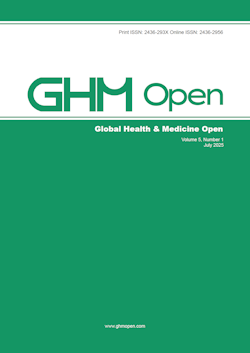The role of endocrine gland derived vascular growth factor/ Prokineticin-1 in human prostate cells
Sinisi AA, Rossi V, De Martino M, Esposito F, Chieffi P
In steroidogenic tissues, a novel class of angiogenic molecules known as endocrine gland-derived vascular endothelial growth factors (EG-VEGF)/prokineticins are primarily produced. Here, we investigated how EG-VEGF/ PROK1, a member of PROKs family, and its receptor are able to affect cellular motility in both non-neoplastic and cancerous human prostate cells. Using Western blot and motility test studies, EPN cells, a non-transformed cell line and Cancer Epithelial Prostatic Cells (CEPC) were employed as cellular models in the current investigation. Western blot examination of EPN normal prostate cells treated with EG-VEGF/PROK1 revealed that ERK1/2 was rapidly phosphorylated within 5, 10, and 20 minutes, while CEPC had high and sustained ERK1/2 activity at the same periods. Then, compared to normal EPN prostate cells, CEPC treated with EG-VEGF/PROK1 for up to 72 hours demonstrated enhanced cell motility. Based on our findings, EG-VEGF/PROK1 may play a role in prostate cancer progression by controlling angiogenesis and the motility of metastatic cells in CEPC cells, likely as a consequence of ERK1/2 activation, as contrasted to EPN normal prostate cells.







